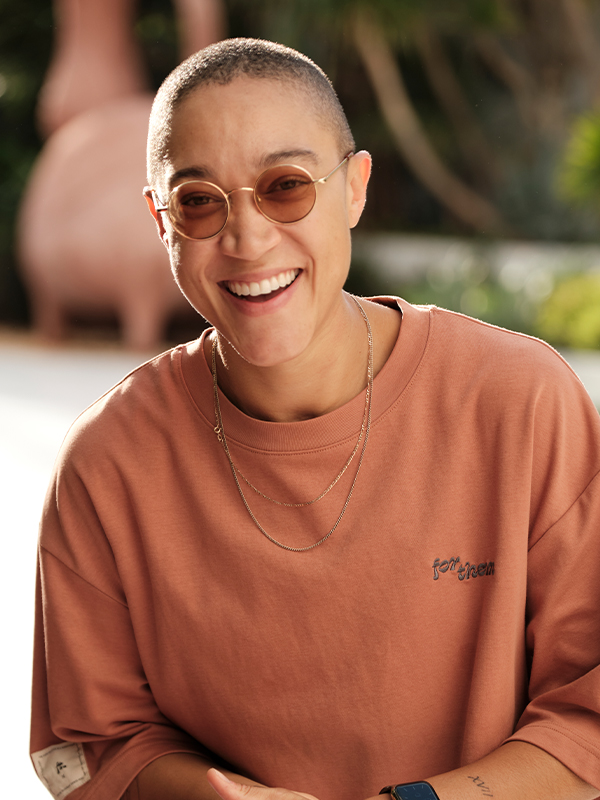“What does it mean to be well?” For actor and producer Chloe Freeman, who identifies as non-binary, being well meant being comfortable in their own skin.
“I feel my most authentic self when I’ve compressed my chest,” Freeman tells Sweet July. Chest binders—an alternative to gender-affirming surgery—was what Freeman resorted to achieve this feeling. But it came with drawbacks: “I was in between a rock and a hard place because I needed it,” Freeman adds, but wearing them for extended periods of time was painful—a common problem cited by many frequent binder wearers.
Freeman didn’t want to accept this reality. That’s what formed the basis of Freeman’s For Them platform, a community aimed at providing queer-identifying people the tools they need to feel well. For Them is backed by $2 million in pre-seed funding from investors including Ashley Mayer, former VP of comms at Glossier, Caroline Whitton, CMO of Spanx, Mike Smith, president and COO of Stitch Fix, and Henrik Werdelin, co-founder of Bark Box.
Freeman’s desire to create an efficient yet comfortable chest binder facilitated the platform’s first project. “I went out and interviewed hundreds of trans folks,” recalls Freeman, of the chest binder creation process. “I found a designer [Rada Shadick] that really understood that this was a utility product that we deserve to have—a high quality, environmentally friendly product with an accessible price point.” For Them’s customizable chest binder has served more than 7,000 customers.
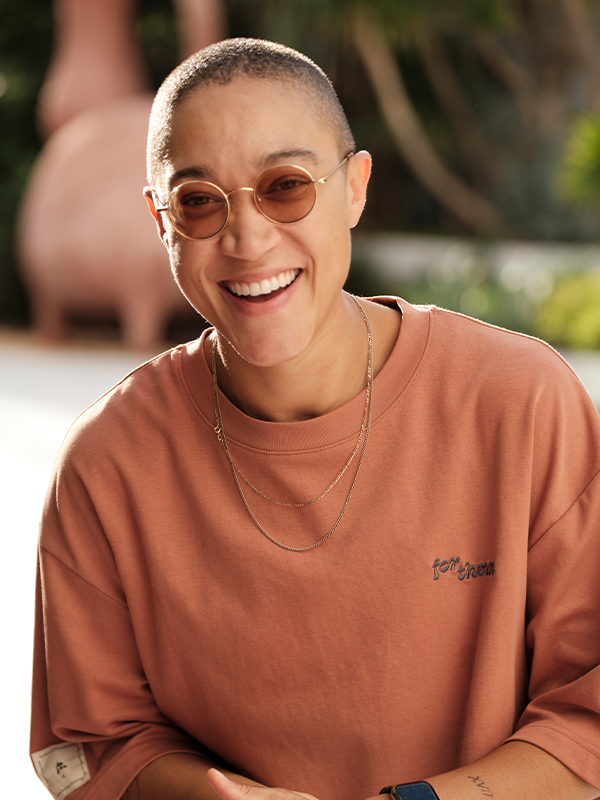
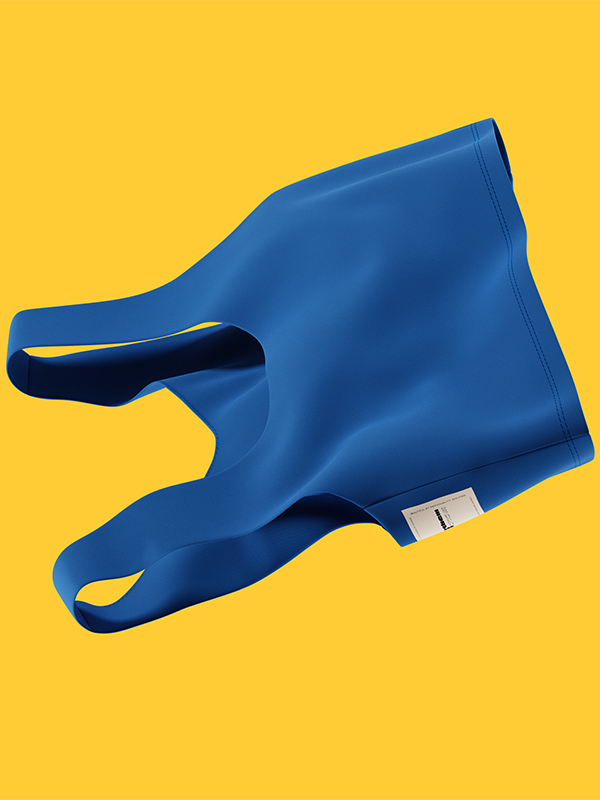
But Freeman isn’t stopping at successful products. The entrepreneur—also the co-founder of the production company for underrepresented creatives, Boycott Entertainment—has a mission of evolving For Them into a multi-service platform that caters to all the intricacies, intersectionalities and identities of people in the queer community. Coming soon: a membership offering that will include a radio station as well as expert-led conversations and interactive activities.
Freeman spoke with Sweet July about the future of the For Them platform and how it’s working to redefine what wellness really means.
First off, who is the “them” in For Them referring to?
Well, it’s a nod to pronouns. Although, I will caveat and say: non-binary, trans and queer folks have many, many different pronouns. Ultimately, “them” means queer folks. It’s the folks that don’t sit in the binary who are overlooked and underrepresented. They are who the wellness industry does not focus on and does not throw funding, development or care to.
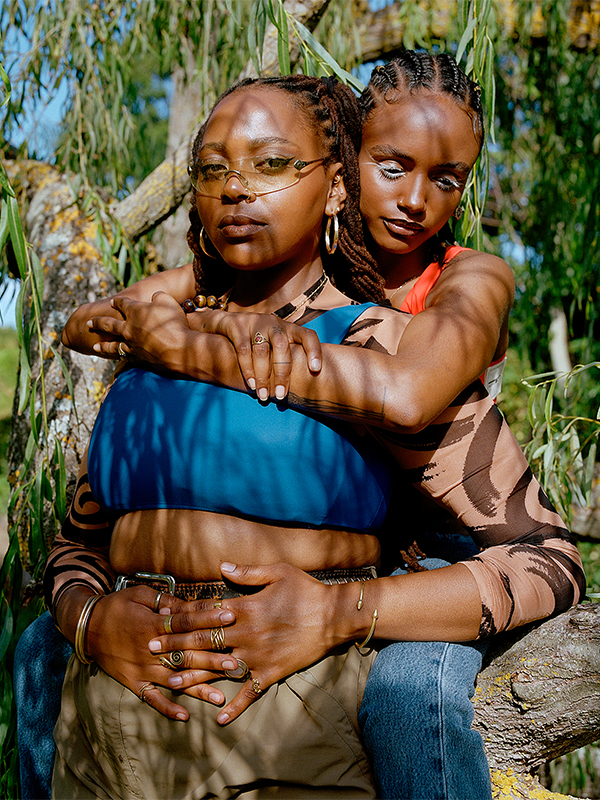
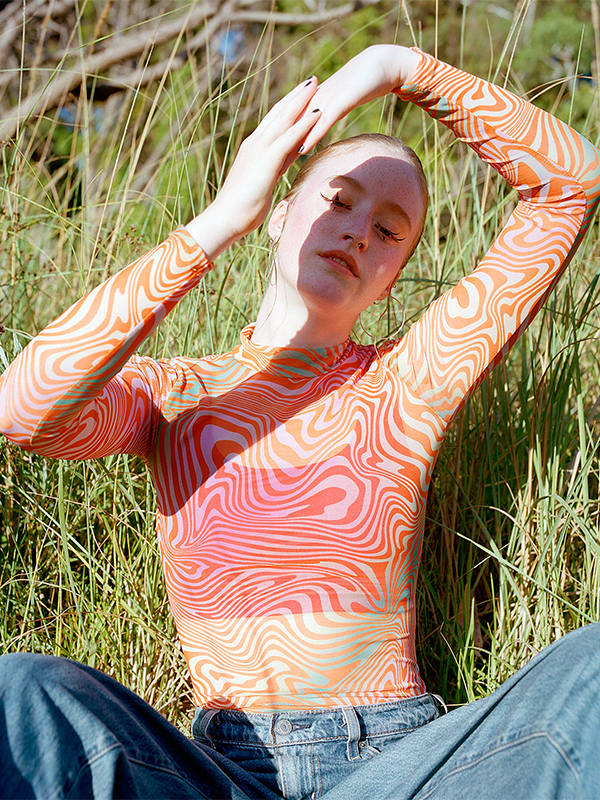
As a queer, Black actor and producer, what has your personal experience been like navigating your industry?
Representation is so incredibly important to me. Being queer and Black, it was always important and impactful for me, and also helpful on my journey, to see folks who look like me on screen. Do I see someone that inspires me who looks like me? It’s something that is always at the forefront of my mind. My production company focuses on underrepresented folks behind the camera. When I first started acting, I was like, “Why is it the person that’s writing my lines, for example, a cis, white, straight man?” It just doesn’t feel like it’s quite right. And so my production company invests in underrepresented talent behind the camera—writers, directors, cinematographers with the idea being that if we invest in those folks, ultimately, we’re going to have diverse actors on screen. I think it’s the same for my business, [For Them]. I ensure that we have members from all parts of the community. It’s something I think that I naturally do because of who I am.
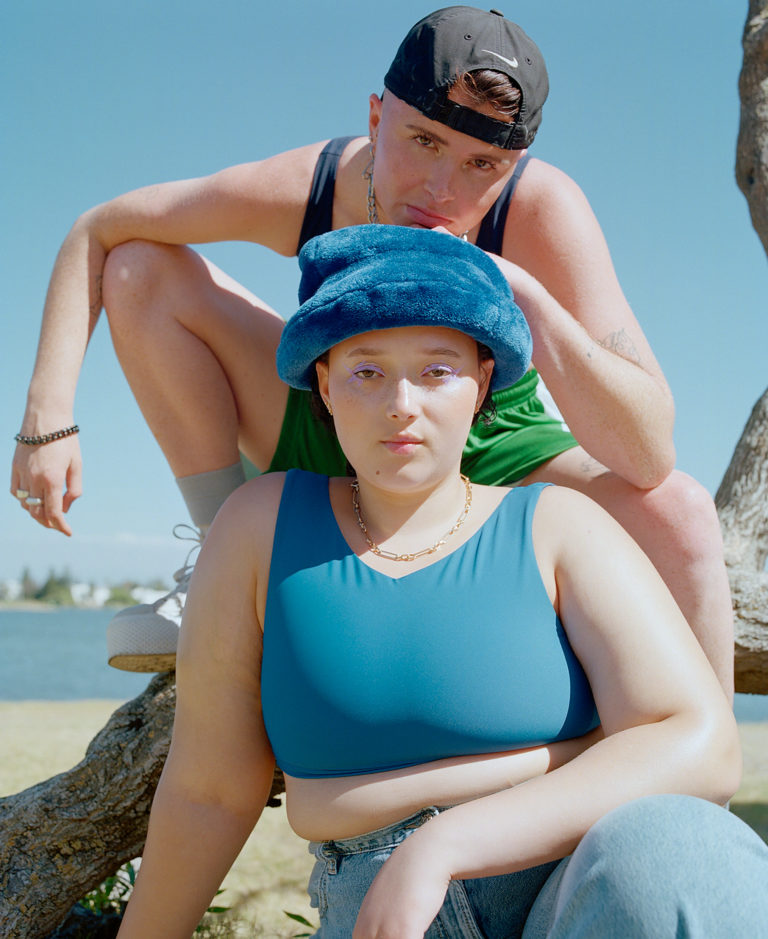
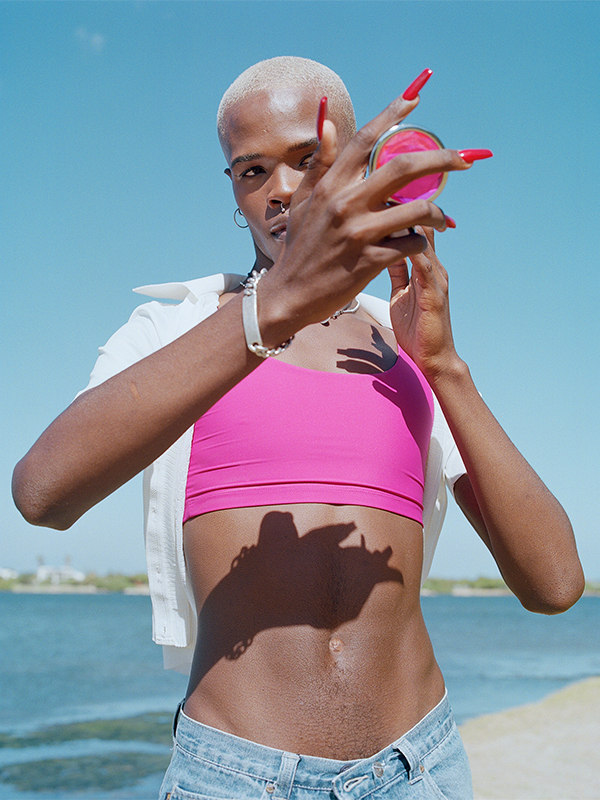
How do you make sure you’re embracing all the intersections of queer identity with For Them?
This is where we’re really [redefining] the idea of wellness. I think that everyone should have a personal wellness journey. And I don’t think that brands speak to that. They often manufacture a need. They say to you, “This is what you need to feel well. You must buy this product and you’re going to feel better.” I don’t think that that’s how it should work. So we’ve tried to flip that on its head, [by saying], “Does this fit into your journey? Is it a need for you?” If so, great, let’s make this super accessible to buy. And we’ll continue to learn from what our community tells us and then [create] products that are actually needed and wanted. I think that it’s integral for me, as a founder and a leader, to just keep my finger on the pulse. To keep listening and keep being as humble as possible.
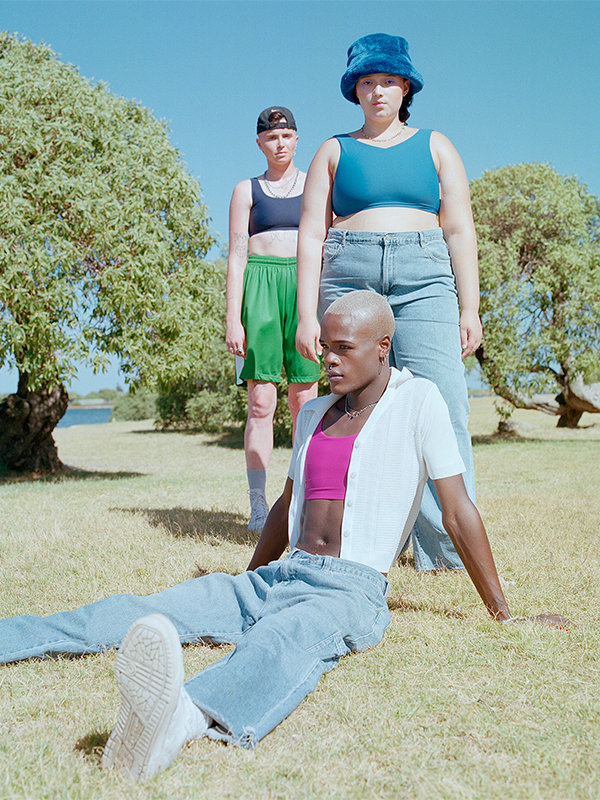
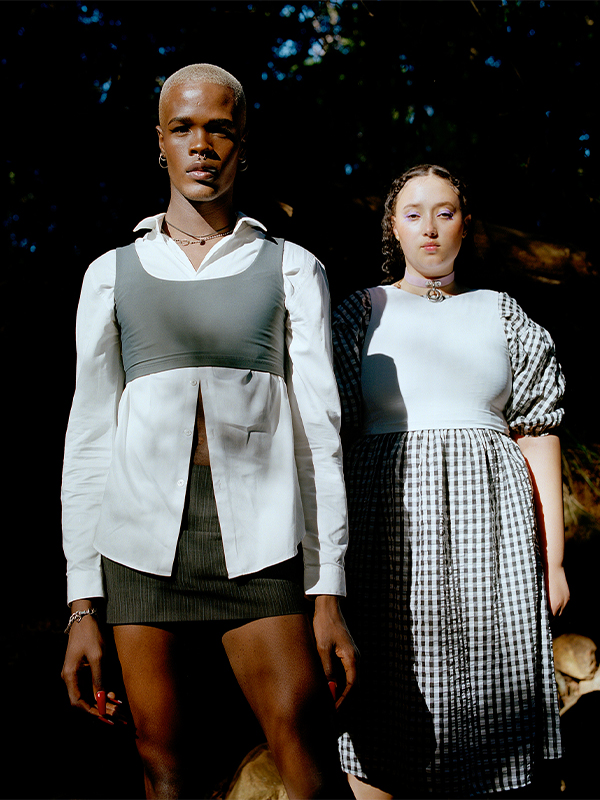
You’re redefining wellness but you’ve spoken about how you’re also “queering wellness” in the process. What does that mean?
It’s sort of a double meaning. Because if you look at the word queer, it’s attached to the idea of disruption and uniqueness. I love that idea that we’re taking [wellness], we’re owning it and we’re disrupting it in a way that is going to move the needle for our community. And at the same time, we’re “queering” it because all of our members are queer in some way—and that term is broad and diverse. And so we use it deliberately because we want to serve the queer community, which I believe is growing in a really beautiful way. It has so many different identities, ways of living and ways of being well. The more people that we speak to and bring into our community, the more that we’re going to learn and the more that we can serve. I use “queer” as much as possible because I think the more that we bring it to life, the more other companies are going to start thinking about it. I want as many people as possible trying to serve our community.
